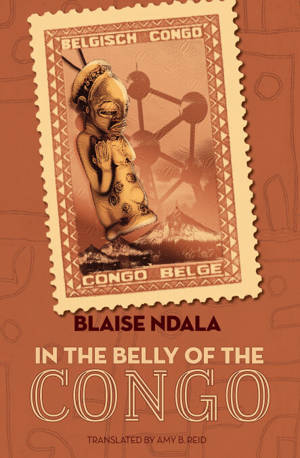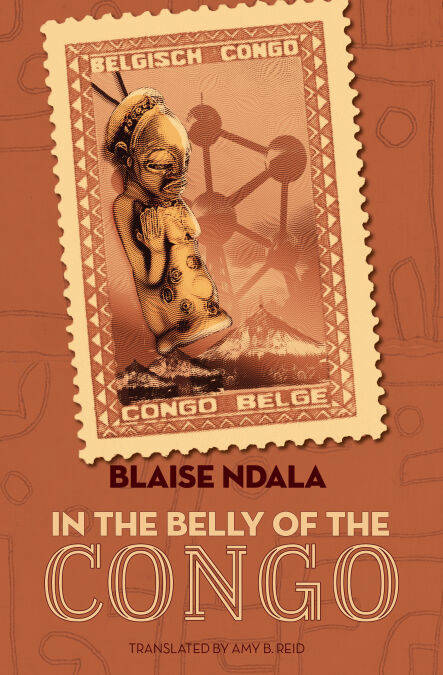
Bedankt voor het vertrouwen het afgelopen jaar! Om jou te bedanken bieden we GRATIS verzending (in België) aan op alles gedurende de hele maand januari.
- Afhalen na 1 uur in een winkel met voorraad
- In januari gratis thuislevering in België
- Ruim aanbod met 7 miljoen producten
Bedankt voor het vertrouwen het afgelopen jaar! Om jou te bedanken bieden we GRATIS verzending (in België) aan op alles gedurende de hele maand januari.
- Afhalen na 1 uur in een winkel met voorraad
- In januari gratis thuislevering in België
- Ruim aanbod met 7 miljoen producten
Zoeken
€ 11,82
+ 11 punten
Uitvoering
Omschrijving
A Brittle Paper Notable African Book of 2023
A gripping multigenerational novel that explores the history and human cost of colonialism in the Congo.
April 1958. Organizing the Brussels World’s Fair, the biggest international event since the end of the Second World War, subcommissioner Robert Dumont cedes to pressure from the royal palace: there will be a “Congolese village” in one of the seven pavilions devoted to the settlements. Among the eleven members of this “human zoo” assembled to put on a show at the foot of the Atomium is the young Tshala, daughter of the intractable king of the Bakuba. From her native Kasai to Brussels via Léopoldville, the princess’s journey unfolds—until her forced exhibition at Expo 58, where we lose track of her.
Summer 2004. Newly arrived in Belgium, a niece of the missing princess crosses paths with a man haunted by the ghost of his father—Francis Dumont, professor of law at the Free University of Brussels. A breathtaking series of events will reveal to them a secret the former subcommissioner of Expo 58 carried to his grave.
From one century to the next, In the Belly of the Congo confronts History with a capital “H” to pose the central question of the colonial equation: Can the past pass?
A gripping multigenerational novel that explores the history and human cost of colonialism in the Congo.
April 1958. Organizing the Brussels World’s Fair, the biggest international event since the end of the Second World War, subcommissioner Robert Dumont cedes to pressure from the royal palace: there will be a “Congolese village” in one of the seven pavilions devoted to the settlements. Among the eleven members of this “human zoo” assembled to put on a show at the foot of the Atomium is the young Tshala, daughter of the intractable king of the Bakuba. From her native Kasai to Brussels via Léopoldville, the princess’s journey unfolds—until her forced exhibition at Expo 58, where we lose track of her.
Summer 2004. Newly arrived in Belgium, a niece of the missing princess crosses paths with a man haunted by the ghost of his father—Francis Dumont, professor of law at the Free University of Brussels. A breathtaking series of events will reveal to them a secret the former subcommissioner of Expo 58 carried to his grave.
From one century to the next, In the Belly of the Congo confronts History with a capital “H” to pose the central question of the colonial equation: Can the past pass?
Specificaties
Betrokkenen
- Auteur(s):
- Vertaler(s):
- Uitgeverij:
Inhoud
- Aantal bladzijden:
- 368
- Taal:
- Engels
Eigenschappen
- Productcode (EAN):
- 9781635422597
- Verschijningsdatum:
- 6/02/2023
- Uitvoering:
- E-book
- Beveiligd met:
- Adobe DRM
- Formaat:
- ePub

Alleen bij Standaard Boekhandel
+ 11 punten op je klantenkaart van Standaard Boekhandel
Beoordelingen
We publiceren alleen reviews die voldoen aan de voorwaarden voor reviews. Bekijk onze voorwaarden voor reviews.









